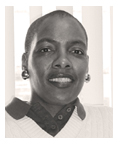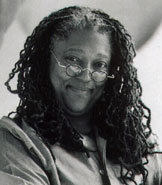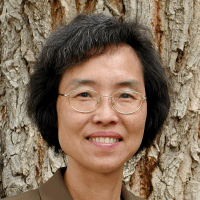The more I reflect upon the complex and multiple ways in which various bodies are put upon and disregarded, the more I am persuaded that we have a body problem.
Our bodies communicate to us in many ways. They are a valuable source of knowledge in terms of our present realities and they are also valuable storehouses for memories. Long after the memories of the mind fade away, memories of the body linger. The mind may not remember, for instance, the details of a particular event, but the body remembers how it felt. The memories of sadness, anxiety, hurt and pain as well as happiness, peace, healing and love are grafted upon our bodies. Feelings, sensations and instinctive reactions—things that are hard to explain—are oftentimes our bodies’ ways of communicating memories. These are embodied memories reminding us of what it means to feel torn apart or to feel whole. It is the body giving feedback at any given moment in time. Embodied memories certainly involve what Audre Lorde identifies as “erotic power.” This, Lorde says, is an “internal sense” and a “depth of feeling” “that is a source of power and information” (Lorde, Sister Outside). Embodied memories are one of the ways in which our bodies speak to us and help us to know the good, right and just thing to do, from within ourselves and through depth of feeling. Continue reading “Body Talk by Kelly Brown Douglas”








